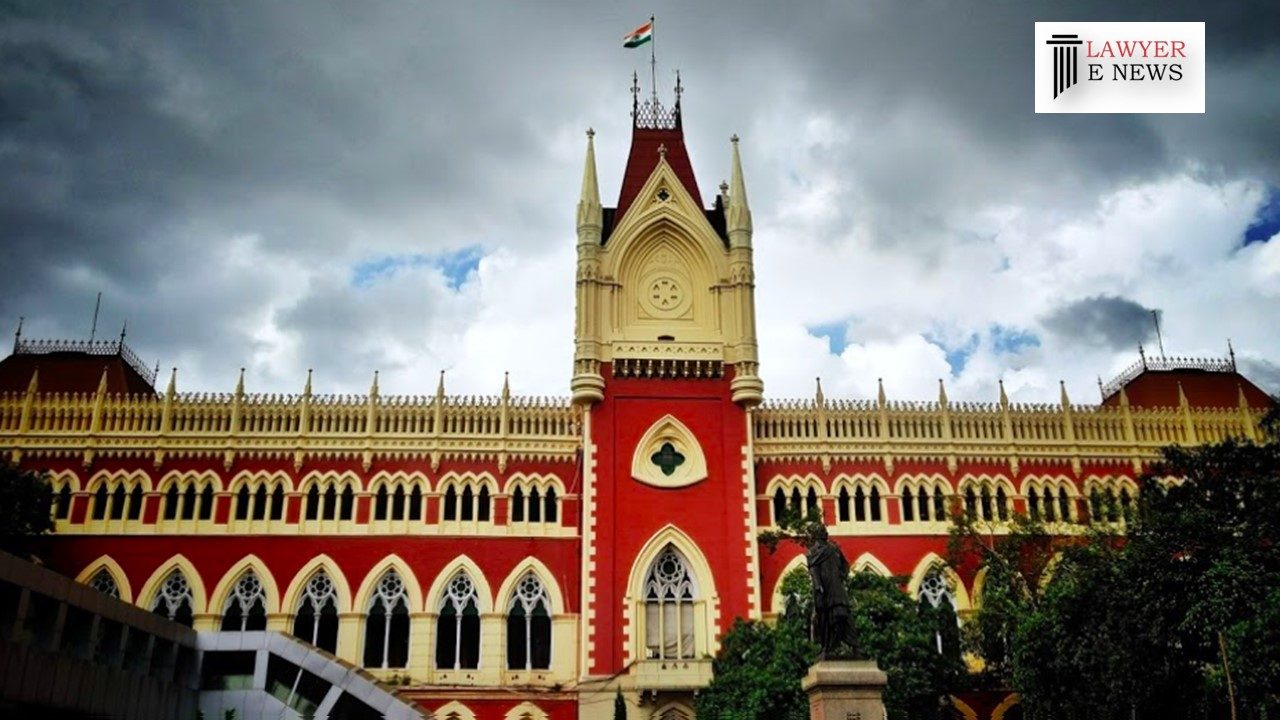-
by sayum
14 February 2026 2:22 PM



The Calcutta High Court addressed the issue of whether a previously dismissed criminal revision application, which was not pressed by the petitioner, can be recalled and restored for a hearing on merits. This judgment centers around the interpretation and application of Section 362 of the Criminal Procedure Code (Cr.P.C.), which restricts courts from altering their judgments or orders after they have been signed, except for correcting clerical or arithmetical errors.
The petitioner, Daanish Haque, filed a criminal revision application (CRR 2565 of 2019) against certain procedural orders in a CBI investigation but later withdrew the application, leading to its dismissal as ‘Not Pressed’. Subsequent developments in the investigation prompted Haque to seek recall of the dismissal, arguing that it was based on a misconception regarding the completeness of the investigation.
The central issue was whether the ”ppli’ation for recall, submitted as CRAN 1 of 2023, was barred by the principles encapsulated in Section 362 Cr.P.C., particularly considering that the original dismissal was not on merit but was a procedural closure due to the application being not pressed.
Scope of Section 362 Cr.P.C.: The court noted that Section 362 generally prohibits altering or reviewing judgments except for clerical corrections. However, it highlighted that this section does not apply when the order or judgment has not been adjudicated on the merits.
Inherent Powers of the Court: Referencing various precedents, the court affirmed its inherent power under Section 482 Cr.P.C. to act ex debito justitiae to prevent abuse of process and secure the ends of justice, which includes recalling an order that was dismissed without a substantive hearing on the merits.
Limitation and Procedural Integrity: The court rejected the respondent’s argument that the recall application was barred by limitation under Article 122 of the Limitation Act, noting that the application was timely filed following relevant subsequent developments that altered the petitioner’s understanding of the case’s status.
Principles of Justice and Fair Hearing: The court emphasized that dismissing the revision without addressing the merits, especially when the petitioner was under a misconception regarding the status of the investigation, would not serve the interests of justice. It held that a fair hearing on the merits was crucial.
Decision: The High Court allowed the recall application, restoring CRR 2565 of 2019 to its original status for a hearing on the merits. The court ordered that the matter be heard anew, ensuring that procedural justice is served, and both parties are given a fair opportunity to present their case.
Date of Decision: 06.05.2024
Daanish Haque Vs Central Bureau of Investigation
